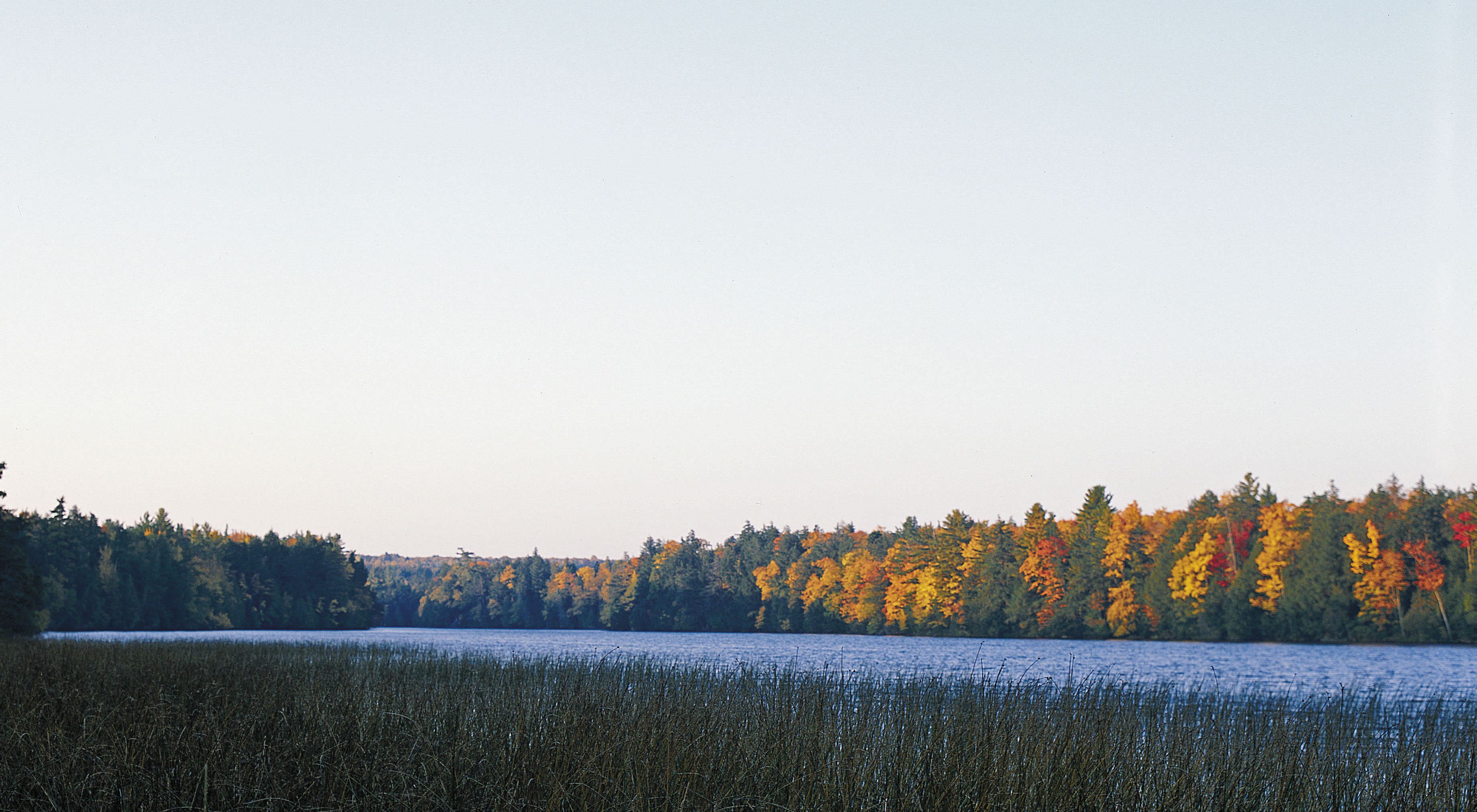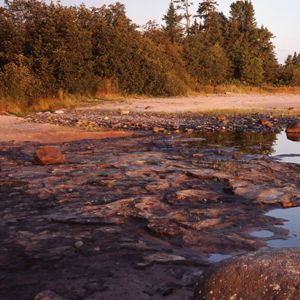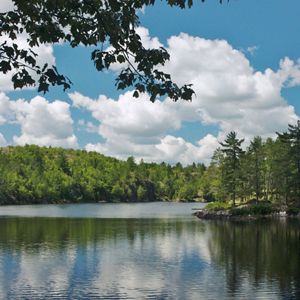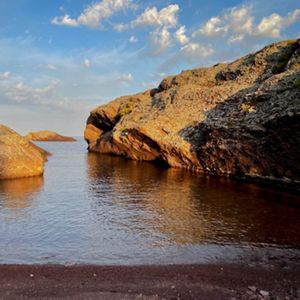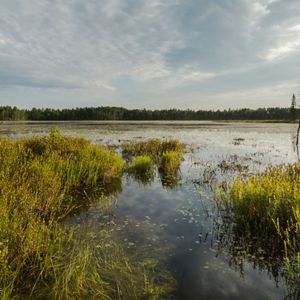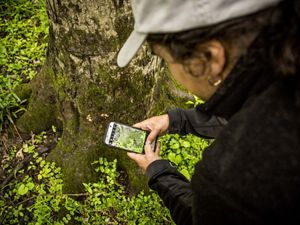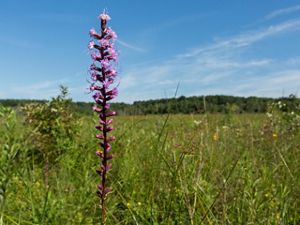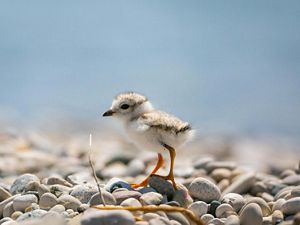Description
Situated between Laughing Whitefish Falls Scenic Area and Hiawatha National Forest, the 1,728-acre preserve lies along Laughing Whitefish Lake and River, six miles south of where the river empties into Lake Superior. The preserve includes three-quarters of the lake as well as more than 1,000 acres of surrounding wetlands and upland forest.
Abundant wildlife including bald eagles and loons, along with black bear, river otter, beaver, leopard frog and a host of warblers, thrushes and woodpeckers frequent the area. The varied habitats here—marsh and swamp, hardwood and beech-maple forests—all work in unison to support these inhabitants.
Thanks to committed volunteers who regularly monitor the preserve, remove invasive species and contribute to special projects, Laughing Whitefish Lake Preserve remains a thriving natural area. The preserve is in good ecological condition. However, human activities such as unauthorized motorized vehicle use are a threat to the landscape.
